
BOLD Indeed: Beef Lowers Cholesterol?
The beef industry designed a study to show that a diet containing beef was able to lower cholesterol—if one cuts out enough poultry, pork, fish, and cheese to halve one’s total saturated fat intake.
 12
видео
12
видео

The beef industry designed a study to show that a diet containing beef was able to lower cholesterol—if one cuts out enough poultry, pork, fish, and cheese to halve one’s total saturated fat intake.

One reason why soy consumption is associated with improved survival and lower recurrence rates in breast cancer patients may be because soy phytonutrients appear to improve the expression of tumor-suppressing BRCA genes.
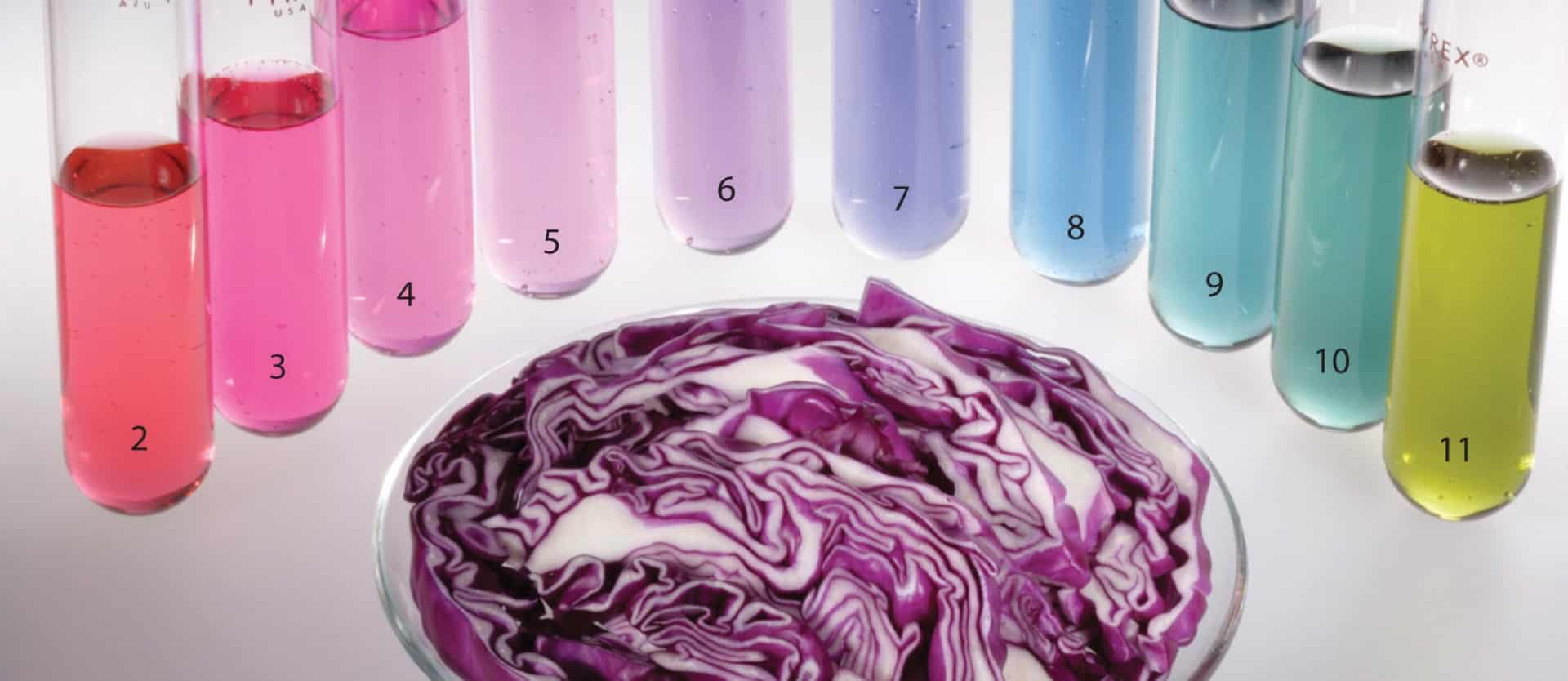
Plant-based diets tend to be alkaline-forming. This may help protect muscle mass, and reduce the risk of gout and kidney stones. The pH of one's urine can be estimated with natural pigments, using kitchen chemistry.
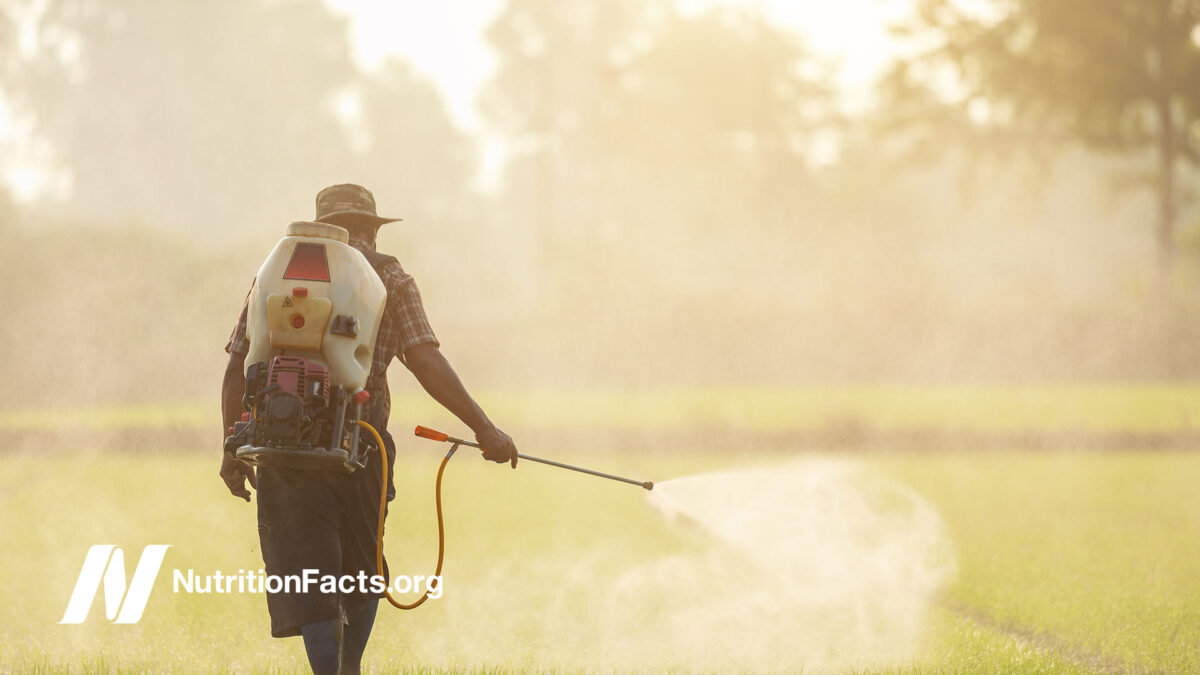
The early onset of puberty in girls associated with animal protein consumption may be due to endocrine-disrupting chemical pollutants in the meat supply.
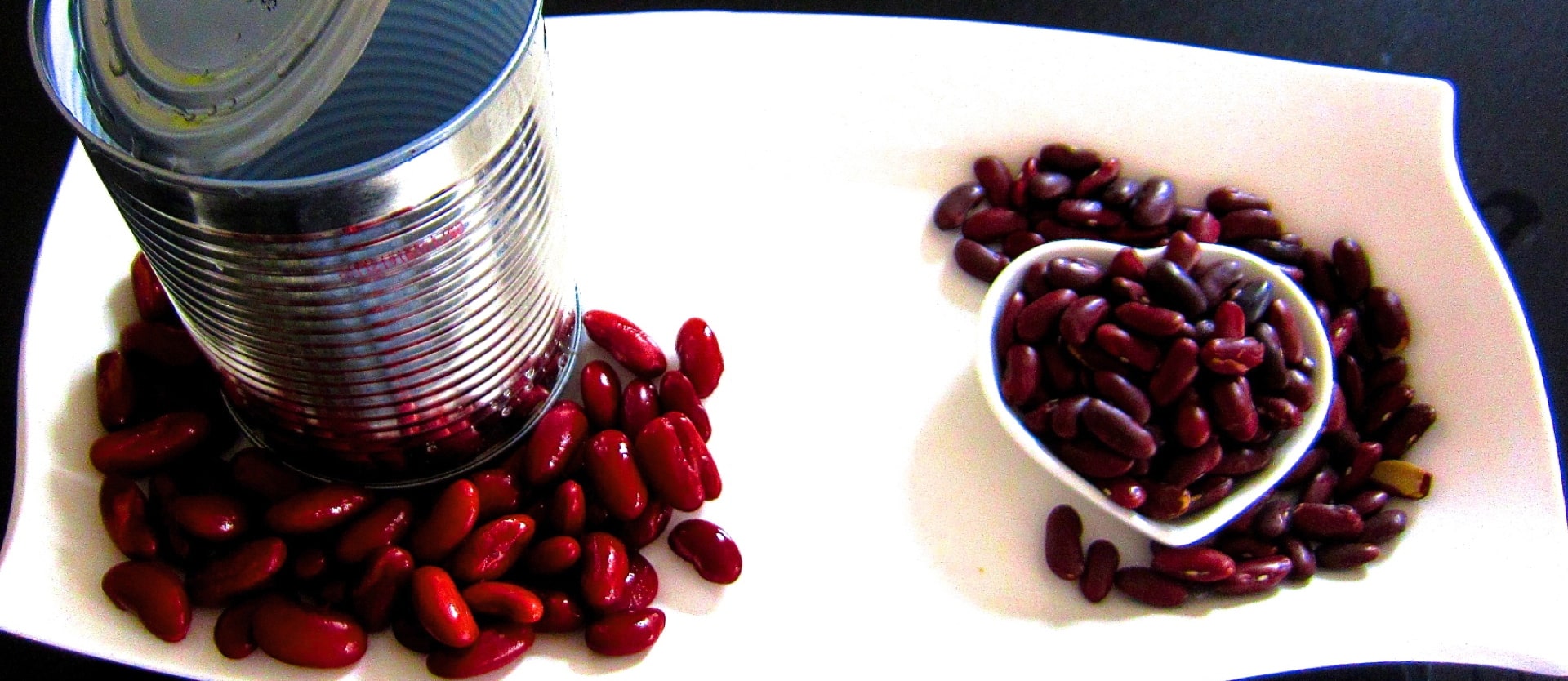
Canned beans are convenient, but are they as nutritious as home-cooked? And, if we do use canned, should we drain them or not?
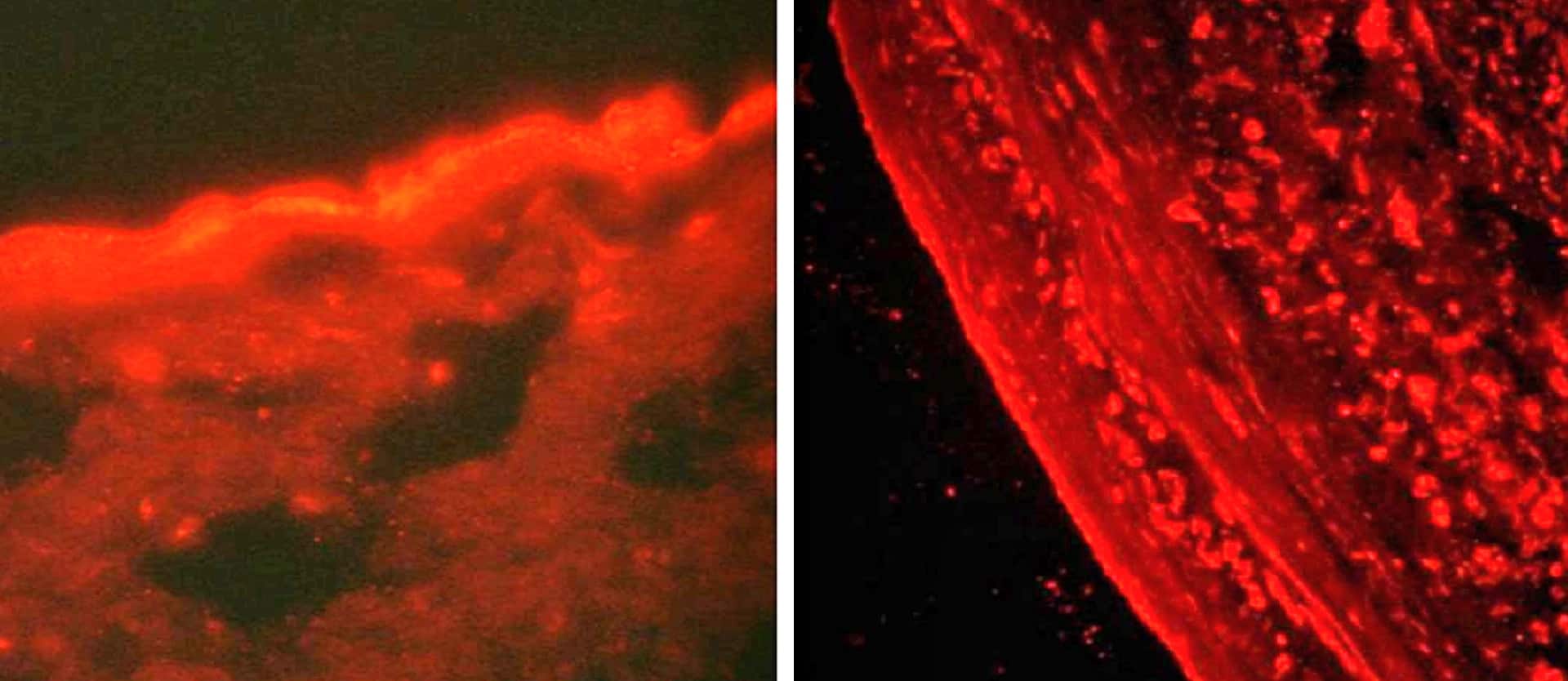
The foreign meat molecule Neu5Gc builds up in human tumors and atherosclerotic plaques, and may play an inflammatory role in the progression of both diseases.
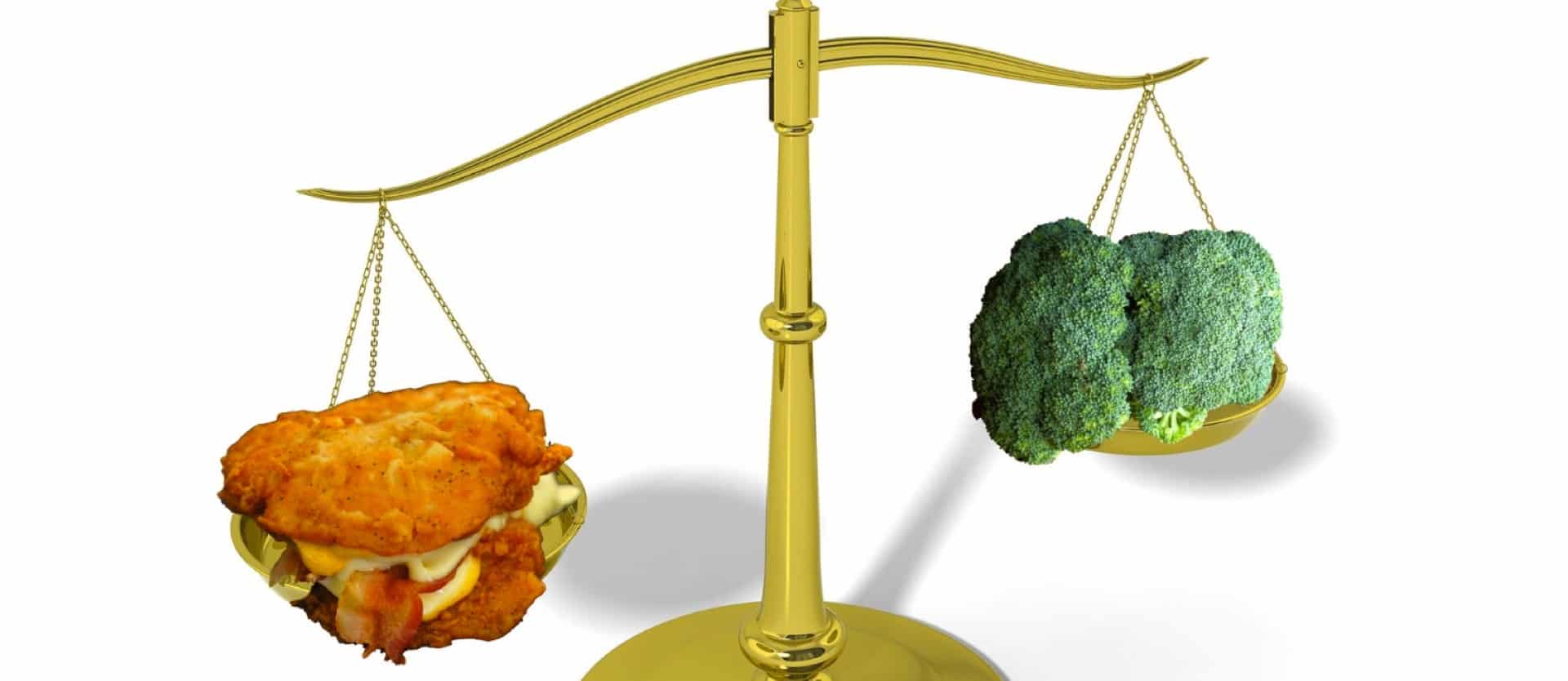
Reducing the ratio of animal to plant protein in men’s diets may slow the progression of prostate cancer.
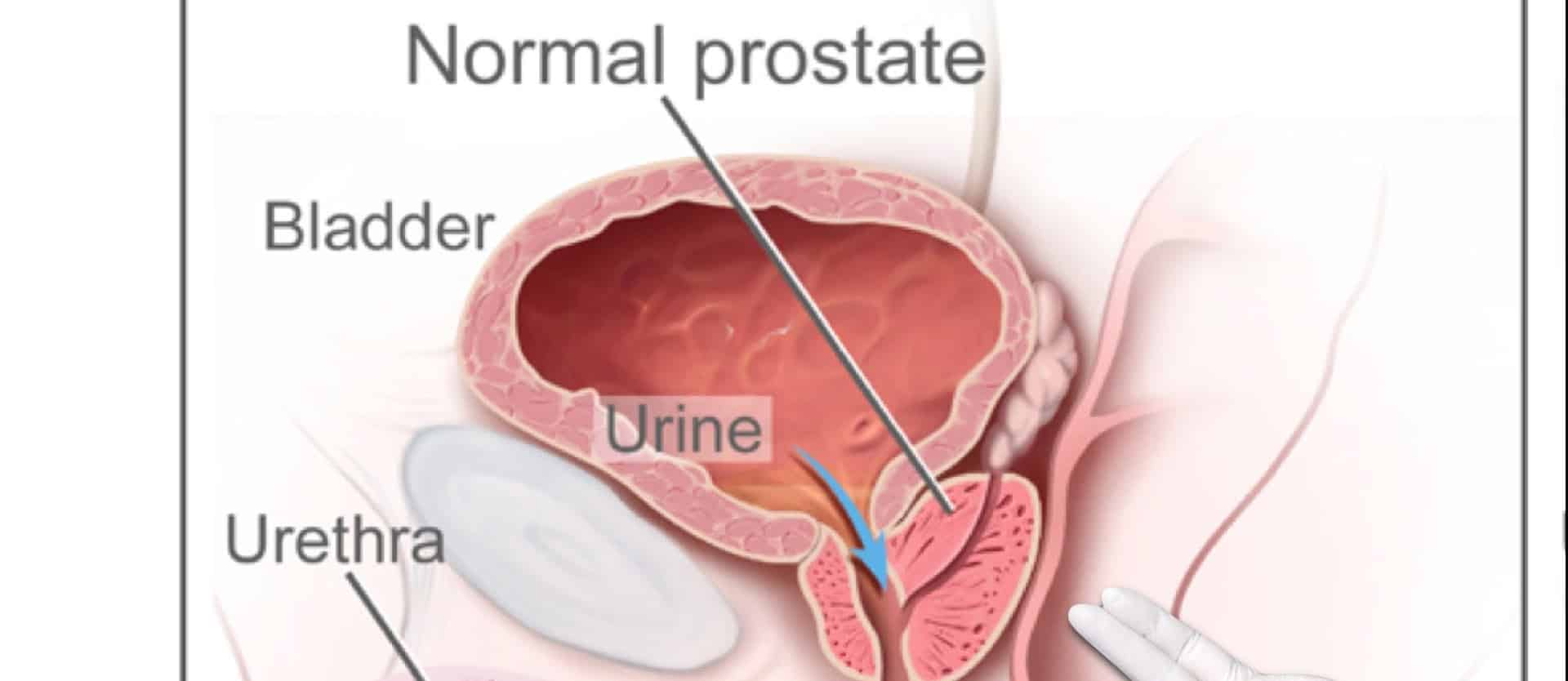
Benign prostatic hyperplasia, or BPH—an enlarged prostate gland—affects 80% of older men, but like many other Western chronic diseases, it appears to be a consequence of our diet."/>

Vegans consuming 7 to 18 servings of soy foods a day may end up with circulating IGF-1 levels comparable to those who eat meat.
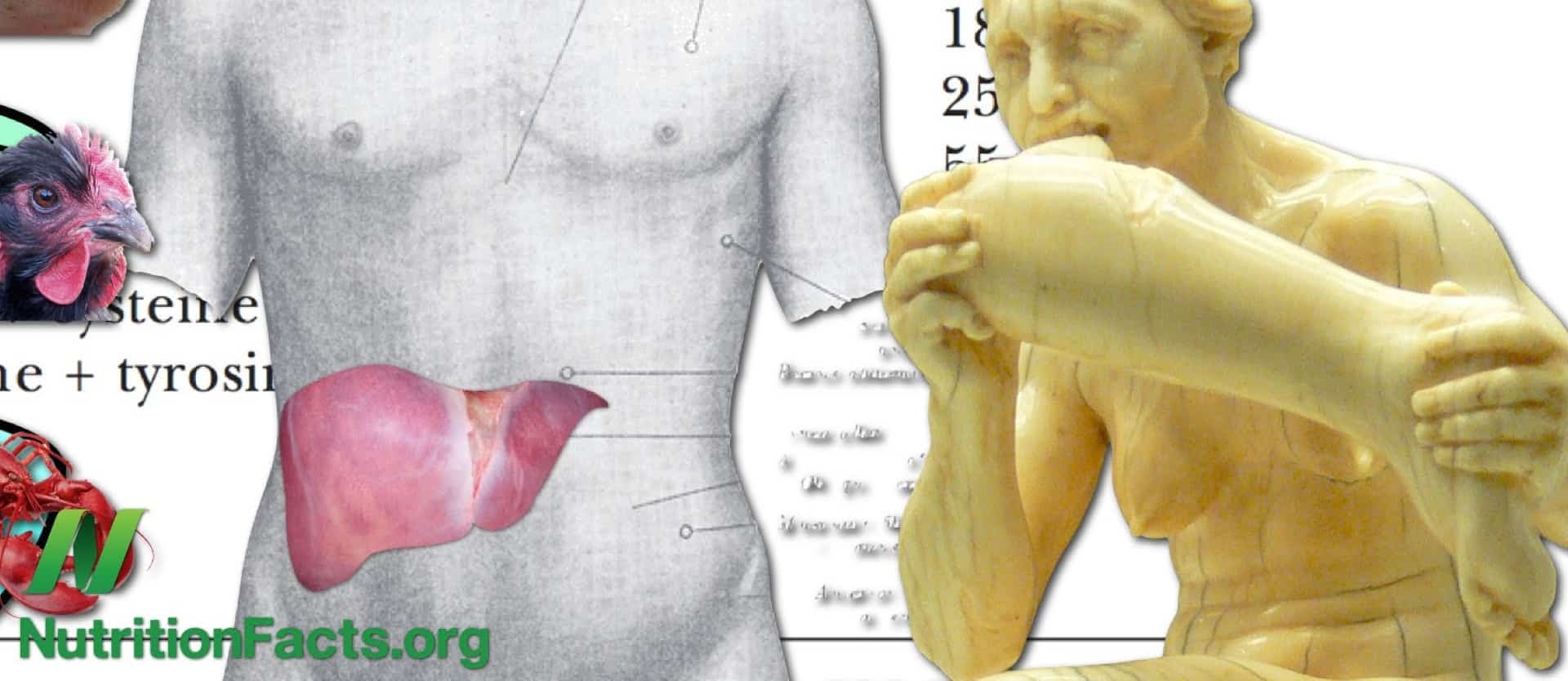
While animal proteins increase levels of the cancer-promoting growth hormone IGF-1, and most plant proteins bring levels down, "high quality" plant proteins, such as soy, may not significantly affect levels in either direction. This, however, may depend on the quantity consumed.

An evolutionary argument for a plant-based diet is presented, in contrast to "Paleo" fad diets.

Why is the intake of animal protein associated with heart disease—even independent of saturated fat—and the intake of plant protein protective?

Canned beans are convenient, but are they as nutritious as home-cooked? And, if we do use canned, should we drain them or...

One reason why soy consumption is associated with improved survival and lower recurrence rates in breast cancer patients may be because soy phytonutrients appear to improve the expression of tumor-suppressing BRCA...

The beef industry designed a study to show that a diet containing beef was able to lower cholesterol—if one cuts out enough poultry, pork, fish, and cheese to halve one’s total saturated fat...

Plant-based diets tend to be alkaline-forming. This may help protect muscle mass, and reduce the risk of gout and kidney stones. The pH of one's urine can be estimated with natural pigments, using kitchen...

Reducing the ratio of animal to plant protein in men’s diets may slow the progression of prostate...

The early onset of puberty in girls associated with animal protein consumption may be due to endocrine-disrupting chemical pollutants in the meat...

The foreign meat molecule Neu5Gc builds up in human tumors and atherosclerotic plaques, and may play an inflammatory role in the progression of both...

Why is the intake of animal protein associated with heart disease—even independent of saturated fat—and the intake of plant protein...